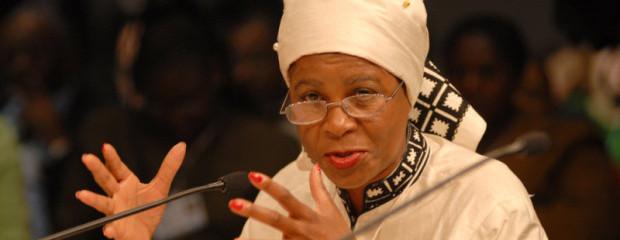Zimbabwe: The Poverty Question examined — by Busani Mpofu

[Editor’s Note: This paper, by Busani Mpofu, a post-doctoral student at the University of Pretoria, originally appeared on the Solidarity Peace Trust’s Zimbabwe Review on 16 September 2011. There have been a growing number of important pieces on poverty in Zimbabwe recently, so Mpofu’s contribution will be the first in a series of posts here on this debate. -T. Scarnecchia]
By Busani Mpofu
The World Bank estimated urban poverty in Zimbabwe in 1990/91 to be 12 percent while the 1995 Poverty Assessment Study found urban poverty to be 39 percent. In January 2009, Save the Children estimated that 10 out of 13 million Zimbabweans, over 75 percent of the population, were living in ‘desperate poverty.’ In April 2010, UNICEF noted that 78 percent of Zimbabweans were “absolutely poor” and 55 percent of the population, (about 6.6 million) lived under the food poverty line while New Zimbabwe estimated that more than 65 percent of Zimbabweans lived below the poverty datum line in December 2009. Recently, commentators have argued that it is very clear that poverty is increasing in the country. The sense we get from the above statistics is that some agencies have defined certain percentages of Zimbabweans as poor, below some abstractly conceived poverty lines. The statistics, however, do not tell us how long those poor people have existed in poverty conditions or the historical and social dimensions of people’s understandings of poverty-what it is to ‘be poor.’
This paper attempts to tackle some perceptions about poverty in Zimbabwe, partly addressing the issue of the changing understandings of what being ‘poor’ has meant to those perceived as poor. Drawing from the experiences of the urban poor, I also attempt to explore historical and social dimensions of people’s understandings of poverty-what it is to ‘be poor’. This is partly because what people do for themselves, as poverty alleviation strategies, presumably turns crucially on how they understand their own circumstances (rather than on whether the state or some other agency defines them as poor or not). Inevitably, the centrality of unemployment as the main cause of poverty featured high among urban Africans during the colonial period. The conception of unemployment, however, appeared to have changed in the post-colonial era especially after 2000 when some professional jobs like teaching began to be associated with poverty….
This full article is available for download in PDF format
This article can be cited in other publications as follows: Mpofu, B. (2011) “˜Some Perceptions on the Poverty Question in Zimbabwe’, 16 September, Solidarity Peace Trust: http://www.solidaritypeacetrust.org/1109/some-perceptions-on-the-poverty-question-in-zimbabwe/
For further information, please contact Selvan Chetty – Deputy Director, Solidarity Peace Trust
Email: [email protected]
Tel: +27 (39) 682 5869
Fax: +27 (39) 682 5869
Address:
Suite 4
3rd Floor
MB Centre
49 Aiken Street
Port Shepstone 4240
Kwazulu-Natal South Coast




